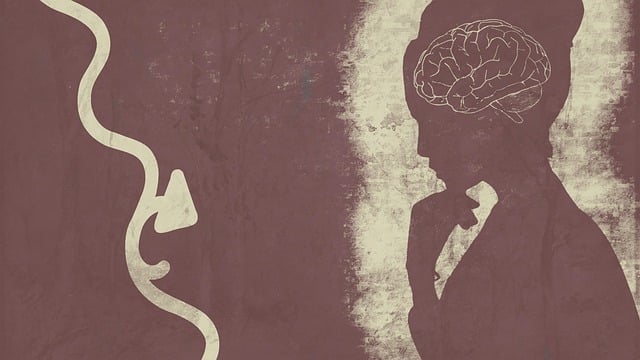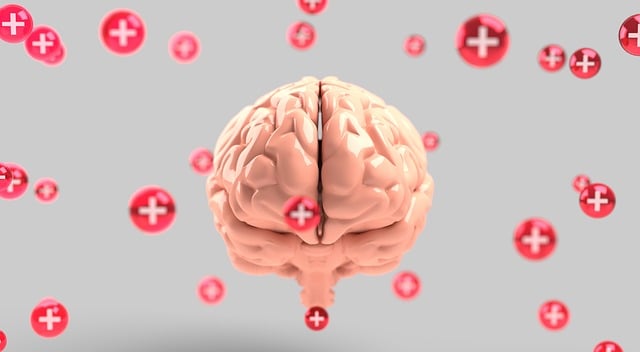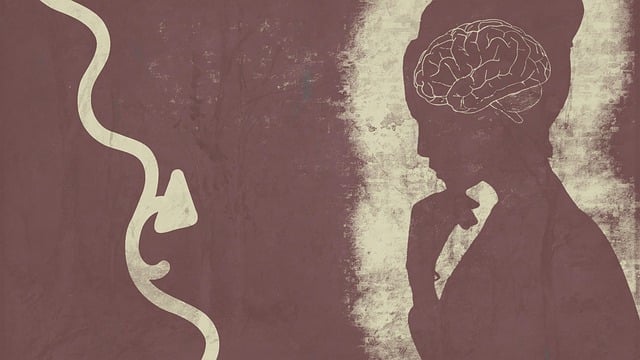Lone Tree Depression Therapy prioritizes risk assessment as a cornerstone of its treatment approach, focusing on identifying and addressing potential hazards through comprehensive client evaluations using Mind Over Matter Principles. This process involves examining past traumas, substance abuse, and pre-existing conditions to develop personalized harm minimization plans. By integrating evidence-based practices like Mental Health Education, Social Skills Training, and Mental Wellness Journaling, the therapy equips individuals with coping mechanisms for stress reduction, fostering mental resilience. Continuous review, adaptation based on patient feedback, and trend analysis ensure tailored care, enhancing overall well-being and satisfaction.
“Risk assessment and harm minimization planning are vital components of mental health therapy, particularly in specialized practices like Lone Tree Depression Therapy. This article explores a structured approach to ensuring patient safety and well-being. We begin by delving into the fundamentals of risk assessment in therapy, followed by identifying potential harms and vulnerabilities unique to depression treatment. Subsequently, we present a step-by-step guide to developing a comprehensive minimization plan tailored for Lone Tree Depression Therapy. Finally, we discuss implementation strategies and the importance of continuous review.”
- Understanding Risk Assessment in Mental Health Therapy
- Identifying Potential Harms and Vulnerabilities
- Developing a Comprehensive Minimization Plan
- Implementation and Continuous Review for Lone Tree Depression Therapy
Understanding Risk Assessment in Mental Health Therapy

Risk assessment is a fundamental aspect of mental health therapy, especially when considering the well-being of clients engaging in Lone Tree Depression Therapy. It involves a thorough examination of various factors that could potentially pose risks during the therapeutic process. This includes evaluating a client’s history, current symptoms, and any personal or environmental hazards that might impact their mental state. By identifying these risks, therapists can implement targeted strategies to minimize potential harm.
The Mind Over Matter Principles guide this assessment process by encouraging practitioners to look beyond surface-level issues. It involves delving into the root causes of depression, understanding the client’s unique coping mechanisms, and teaching them effective Stress Reduction Methods. This holistic approach ensures that therapy not only treats symptoms but also empowers individuals with Mood Management skills, fostering resilience in the face of challenges.
Identifying Potential Harms and Vulnerabilities

Identifying potential harms and vulnerabilities is a critical step in risk assessment and harm minimization planning, especially for mental health professionals like those offering Lone Tree Depression Therapy. This process involves a thorough examination of various factors that could negatively impact client outcomes. For instance, understanding the client’s history, including past traumas, substance abuse issues, or pre-existing mental health conditions, is essential. These factors may increase vulnerability and contribute to potential harm if not properly addressed during therapy.
Risk management planning requires professionals to anticipate these vulnerabilities and develop strategies to mitigate risks effectively. Self-Awareness Exercises and Mental Wellness Journaling Exercise Guidance can be powerful tools in this process. By encouraging clients to reflect on their emotions, triggers, and coping mechanisms through journaling, therapists can gain valuable insights into potential harm triggers. This self-reflection enables professionals to tailor their approach, ensuring a more personalized and safe therapeutic environment for all clients.
Developing a Comprehensive Minimization Plan

Developing a comprehensive harm minimization plan is a multifaceted process that goes beyond superficial solutions. At Lone Tree Depression Therapy, we recognize that addressing risks effectively requires a tailored approach. Our team works closely with individuals to create personalized strategies, integrating evidence-based practices such as Mental Health Education Programs Design, Social Skills Training, and Mental Wellness Journaling Exercise Guidance.
This holistic planning involves identifying potential triggers, assessing vulnerabilities, and equipping individuals with coping mechanisms. By fostering mental resilience through these targeted interventions, we empower clients to navigate challenging situations proactively. A well-designed minimization plan becomes a roadmap, enabling individuals to manage their mental health effectively and promote overall wellness.
Implementation and Continuous Review for Lone Tree Depression Therapy

The successful implementation of Lone Tree Depression Therapy relies on a robust framework that includes continuous review and adaptation. Once integrated into mental healthcare services, it’s crucial to regularly assess its effectiveness and make necessary adjustments. This involves gathering patient feedback, monitoring clinical outcomes, and analyzing trends in depression symptoms over time. The therapy’s flexibility allows for tailoring sessions based on individual progress, ensuring personalized care.
Regular reviews also facilitate the integration of evidence-based practices such as Social Skills Training and Cultural Sensitivity in Mental Healthcare Practice. By staying updated with best practices, healthcare providers can enhance Stress Reduction Methods within Lone Tree Depression Therapy, ultimately improving patient outcomes and satisfaction. Continuous improvement ensures that the therapy remains relevant, effective, and aligned with the evolving needs of those seeking mental health support.
Lone Tree Depression Therapy emphasizes the importance of risk assessment and harm minimization planning as foundational elements for providing safe and effective mental health care. By understanding the risks associated with therapy, identifying potential vulnerabilities, and developing comprehensive minimization strategies, therapists can ensure a supportive environment for clients. Continuous review and adaptation of these plans are crucial to address evolving challenges, ensuring that Lone Tree Depression Therapy remains a reliable and resilient approach.














